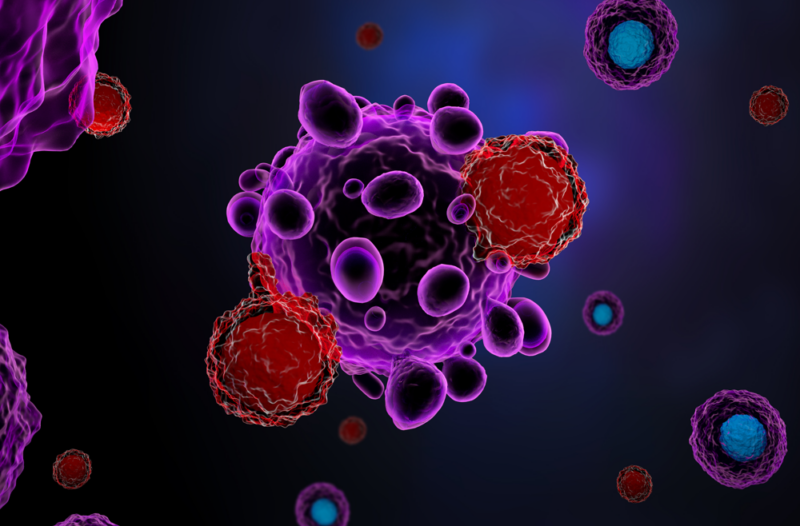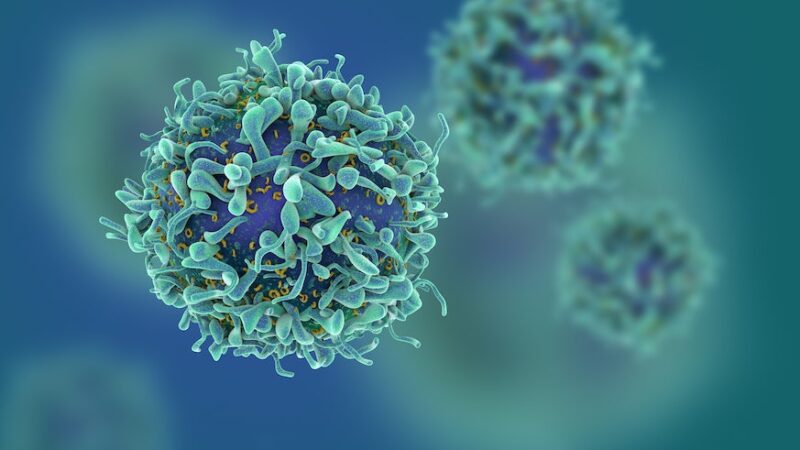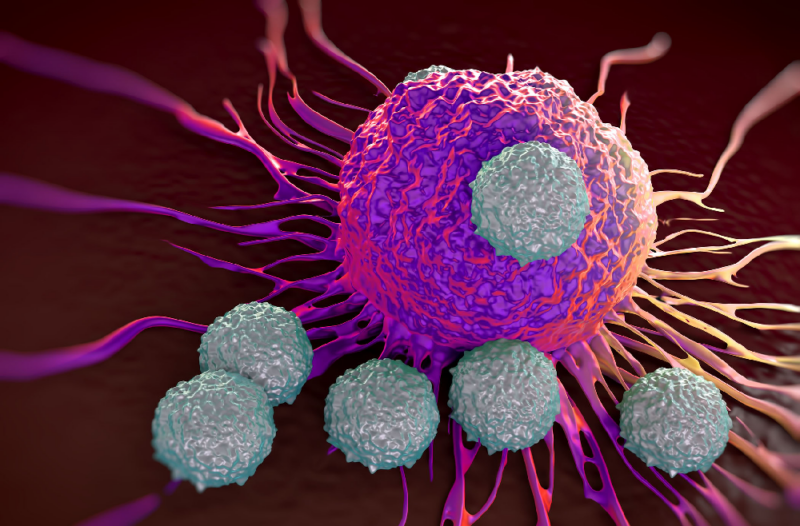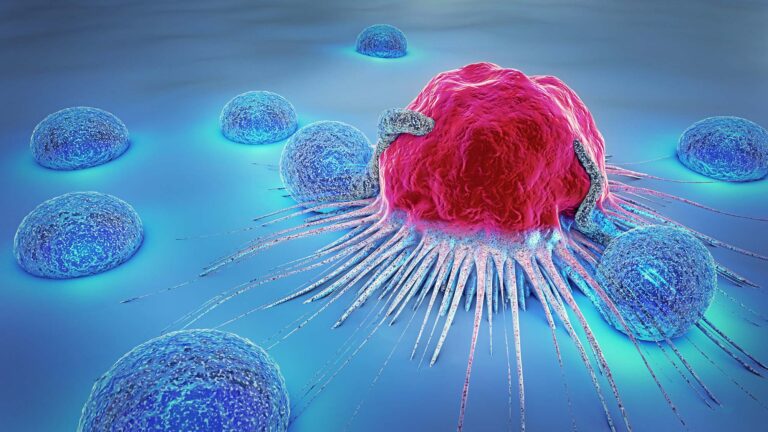Cancer has been a persistent and challenging problem for humanity, with millions of people affected worldwide. Conventional treatments, such as chemotherapy and radiation, can be effective in some cases, but they also cause significant side effects and may not work for all types of cancers. In recent years, a new type of cancer treatment called CAR T-cell therapy has emerged as a promising alternative.
Global market for CAR T-cell therapy is experiencing rapid growth due to increasing demand for innovative cancer treatments. The market is expected to continue to grow as CAR T-Cell Therapy proves its effectiveness in treating various cancers and becomes more widely available. Companies are investing in research and development to expand the use of CAR T-Cell Therapy to other types of cancer..

CAR T-cell therapy is a form of immunotherapy that harnesses the power of the body’s immune system to fight cancer. The therapy involves removing T cells, a type of immune cell, from the patient’s blood and genetically engineering them to produce chimeric antigen receptors (CARs). These CARs are proteins that allow the T cells to recognize and target cancer cells. Once the T cells have been modified, they are infused back into the patient’s bloodstream, where they can seek out and destroy cancer cells.
One of the main advantages of CAR T-cell therapy is its specificity. Unlike chemotherapy and radiation, which can damage healthy cells as well as cancer cells, CAR T-cell therapy targets only cancer cells. This results in fewer side effects and a higher likelihood of success. Additionally, CAR T-cell therapy can be effective against cancers that are resistant to other forms of treatment, such as solid tumours and blood cancers.
CAR T-cell therapy is still a relatively new field, and there is ongoing research to optimize its effectiveness and reduce its side effects. Despite these limitations, CAR T-cell therapy has already shown promising results in clinical trials and has been approved by regulatory agencies such as the FDA for the treatment of certain types of leukaemia and lymphoma.
The development of CAR T-cell therapy has been a major breakthrough in the field of cancer research and treatment, and it holds great promise for the future. However, it is not a cure-all, and there are still many questions that need to be answered about its long-term safety and efficacy.

One of the biggest challenges facing CAR T-cell therapy is its cost. The therapy is highly personalized and requires the removal, genetic modification, and infusion of T cells, which is a complex and labour-intensive process. This, combined with the cost of the drugs themselves, has made CAR T-cell therapy one of the most expensive forms of cancer treatment available.
Another challenge facing CAR T-cell therapy is its potential side effects. While the therapy has shown great promise in clinical trials, it can also cause serious side effects, such as inflammation, cytokine release syndrome (CRS), and neurological complications. These side effects can be severe and sometimes life-threatening, and they require careful monitoring and management.

Despite these challenges, CAR T-cell therapy represents a major step forward in the treatment of cancer. Its specificity and effectiveness against cancers that are resistant to other forms of treatment make it a valuable tool for treating cancer and improving the lives of those affected by it.
In conclusion, CAR T-cell therapy is a revolutionary form of cancer treatment that holds great promise for the future. While there are still many challenges to overcome, such as cost and side effects, the benefits of this therapy cannot be overstated. The continued development and refinement of CAR T-cell therapy will be crucial for its success and widespread use in the treatment of cancer.

